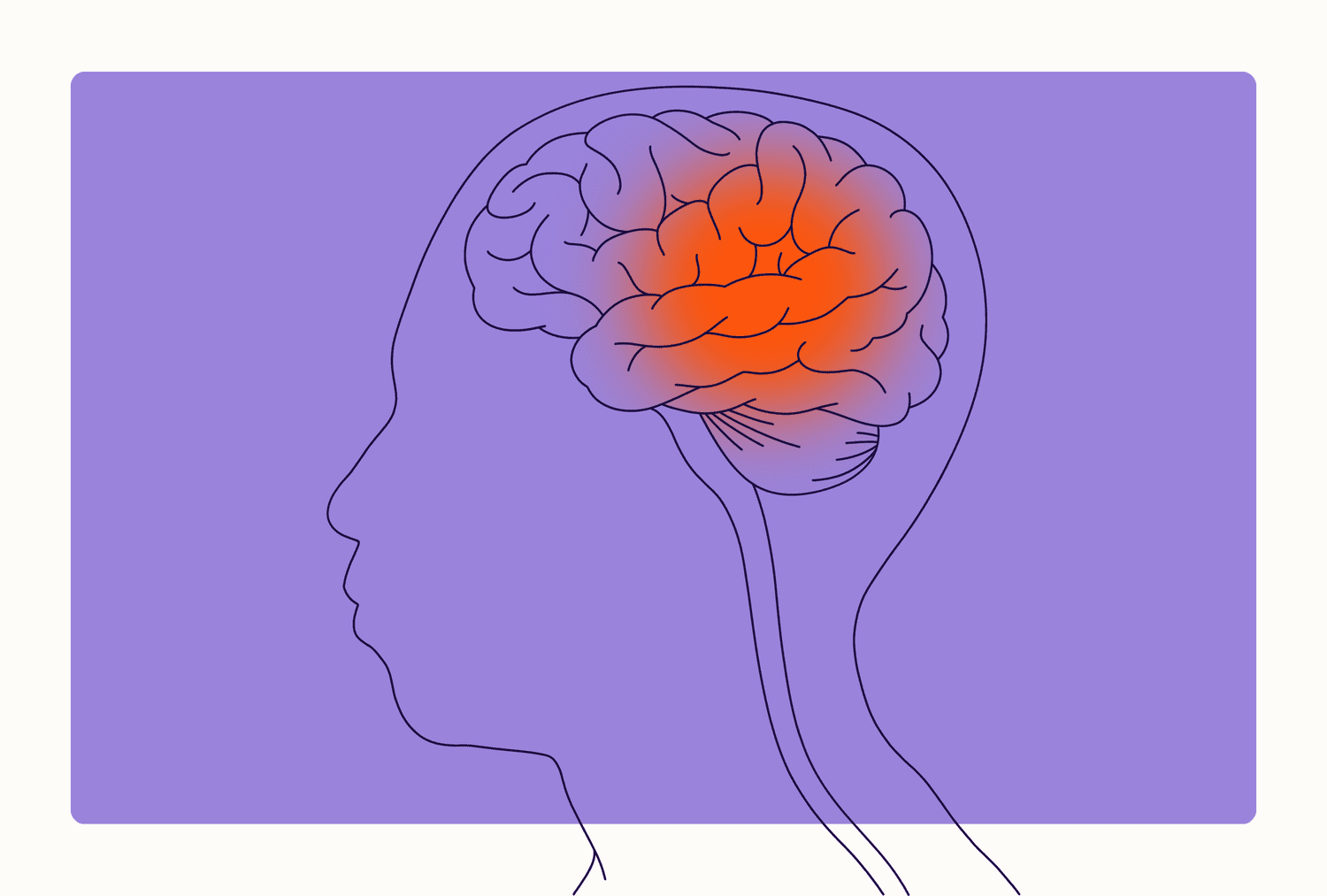National Epilepsy Day, observed on November 17 every year, aims to raise awareness about epilepsy—a neurological condition affecting millions globally. This day is dedicated to educating the public about epilepsy, its causes, symptoms, and the importance of timely diagnosis and treatment.
History of National Epilepsy Day
National Epilepsy Day was established by the Epilepsy Foundation of India, a non-profit organization founded in Mumbai in 2009 by Dr. Nirmal Surya. The goal is to improve the lives of people living with epilepsy by reducing stigma and providing better access to treatment. While epilepsy awareness is celebrated globally with events like Purple Day on March 26, National Epilepsy Day focuses specifically on the challenges faced within India. Social misconceptions about epilepsy are still prevalent, making the need for education and awareness all the more crucial.
Understanding Epilepsy and Its Impact

Epilepsy is a chronic neurological disorder characterized by recurrent, unprovoked seizures. These seizures are caused by sudden, abnormal electrical activity in the brain. The symptoms vary depending on the type of seizure, ranging from temporary confusion, staring spells, and uncontrollable movements to loss of consciousness.
Seizures are broadly categorized into different types:
- Focal Seizures: These originate in a specific part of the brain and can cause physical movements or changes in emotions.
- Generalized Seizures: Affect both sides of the brain, and subtypes include:
- Absence Seizures: Involving brief staring spells.
- Tonic-Clonic Seizures: Marked by muscle stiffness and jerking movements.
- Atonic Seizures: Sudden loss of muscle tone, leading to falls.
Common Symptoms and Diagnosis
Symptoms of epilepsy can vary significantly but often include sudden, brief episodes of abnormal behavior, sensation, or consciousness. Key indicators include:
- Sudden confusion or staring spells.
- Uncontrollable jerking of limbs.
- Episodes of loss of awareness.
- Sensations of fear or déjà vu before a seizure.
An accurate diagnosis often relies on patient history and witness accounts, supplemented by neurological exams and brain imaging when necessary. If seizures occur repeatedly without a known cause, medical advice is essential.
Prevention and Management Tips
Epilepsy isn’t always preventable, but several strategies can help manage the condition effectively:
- Medication Adherence: Consistently follow prescribed anti-epileptic medications.
- Identify Triggers: Maintain a diary to spot common triggers like stress or lack of sleep.
- Adequate Sleep: Ensure a regular sleep schedule to reduce seizure risks.
- Manage Stress: Engage in relaxation techniques such as yoga or meditation.
- Avoid Substances: Alcohol and drugs can interfere with medication and increase seizure risk.
- Home Safety: Make your environment safer, like padding sharp furniture edges, to prevent injuries during a seizure.
- Community Awareness: Educate your surroundings on what to do if someone has a seizure.
The Social Significance of National Epilepsy Day
In India, epilepsy is often linked to cultural taboos and misconceptions, leading to discrimination. National Epilepsy Day seeks to change this mindset by fostering a supportive environment through public education and awareness campaigns. These efforts aim to demonstrate that epilepsy is a treatable and manageable condition, urging early diagnosis and adherence to treatment.
The 2024 Theme: ‘Milestones on My Epilepsy Journey’
This year’s theme, “Milestones on My Epilepsy Journey,” celebrates the achievements and personal growth of individuals living with epilepsy. It aims to inspire the epilepsy community, emphasizing that success is possible despite challenges. The theme encourages society to offer support, compassion, and recognition for those affected, ultimately improving their quality of life.
Epilepsy and the Future: Building a More Inclusive Society
National Epilepsy Day 2024 is a reminder that epilepsy, like many other medical conditions, requires understanding and empathy. Efforts to raise awareness can lead to better diagnosis rates, reduced stigma, and improved quality of life for those impacted by epilepsy. With continued advocacy, research, and public education, society can create a more inclusive environment where individuals with epilepsy can thrive without fear of judgment or exclusion. Know more: https://www.dailyexcelsior.com/epilepsy-is-a-treatable-disease-4/
Through collective effort, we can ensure that epilepsy is no longer shrouded in stigma but met with compassion and support, allowing individuals to live fulfilling lives.



 By
By

















